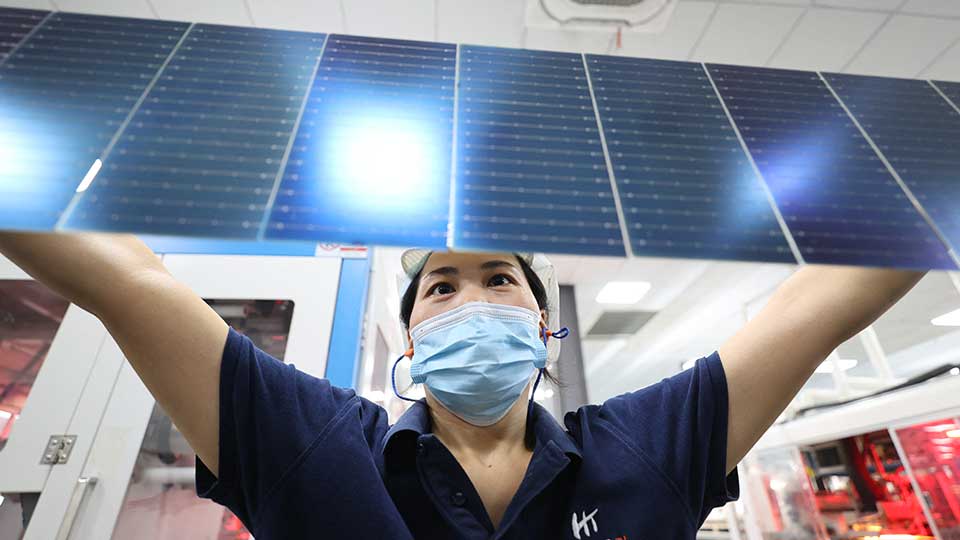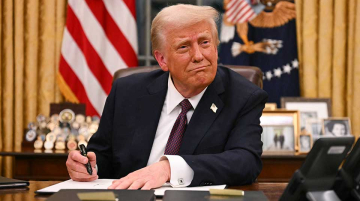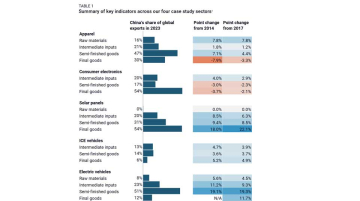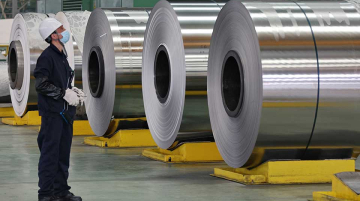
China on Thursday slammed the United States’ move to impose tariffs as high as 271% on solar panel imports from Southeast Asia, calling it a protectionist measure that jeopardizes global climate efforts.
The tariffs, announced by the U.S. Commerce Department last week, target imports from Malaysia, Cambodia, Vietnam, and Thailand.
These countries host manufacturing plants operated by Chinese solar companies accused of circumventing existing U.S. duties and flooding the market with underpriced products.
In a sharp rebuke, a spokesperson for China’s Ministry of Commerce (MOFCOM) described the U.S. investigation as politically driven, warning that it could disrupt critical global supply chains for renewable energy.
“The formation of the global supply chain is shaped by market forces and corporate decisions. Maintaining the stability and smooth operation of the global supply chain aligns with the long-term interests and common expectations of all parties involved,” the spokesperson, He Yadong, said at a press briefing.
Chinese solar investments in Southeast Asia have been credited with boosting local economies and expanding global access to affordable renewable energy.
Amid these challenges, Chinese solar photovoltaic (PV) manufacturers are being urged to form strategic partnerships with foreign companies.
Gu Yu, deputy director of MOFCOM’s Trade Remedy and Investigation Bureau, called for closer collaboration with firms in Belt and Road Initiative countries and greater investment in solar projects globally.
Gu emphasized that “the world’s clean energy transition should not only be a China story, it should also be a global story with different countries joining hands.”
Consultancy firm Wood Mackenzie estimates that restricting Chinese-made renewable products, such as solar panels, wind turbines, and batteries, could raise the global cost of transitioning to clean energy by 20%, adding at least $6 trillion to the total bill.
While the tariffs are preliminary, with final rulings expected in 2025, their potential impact is already being felt.
The American Alliance for Solar Manufacturing Trade Committee, which supports the tariffs, argues they are necessary to protect U.S. manufacturers from unfair competition.









